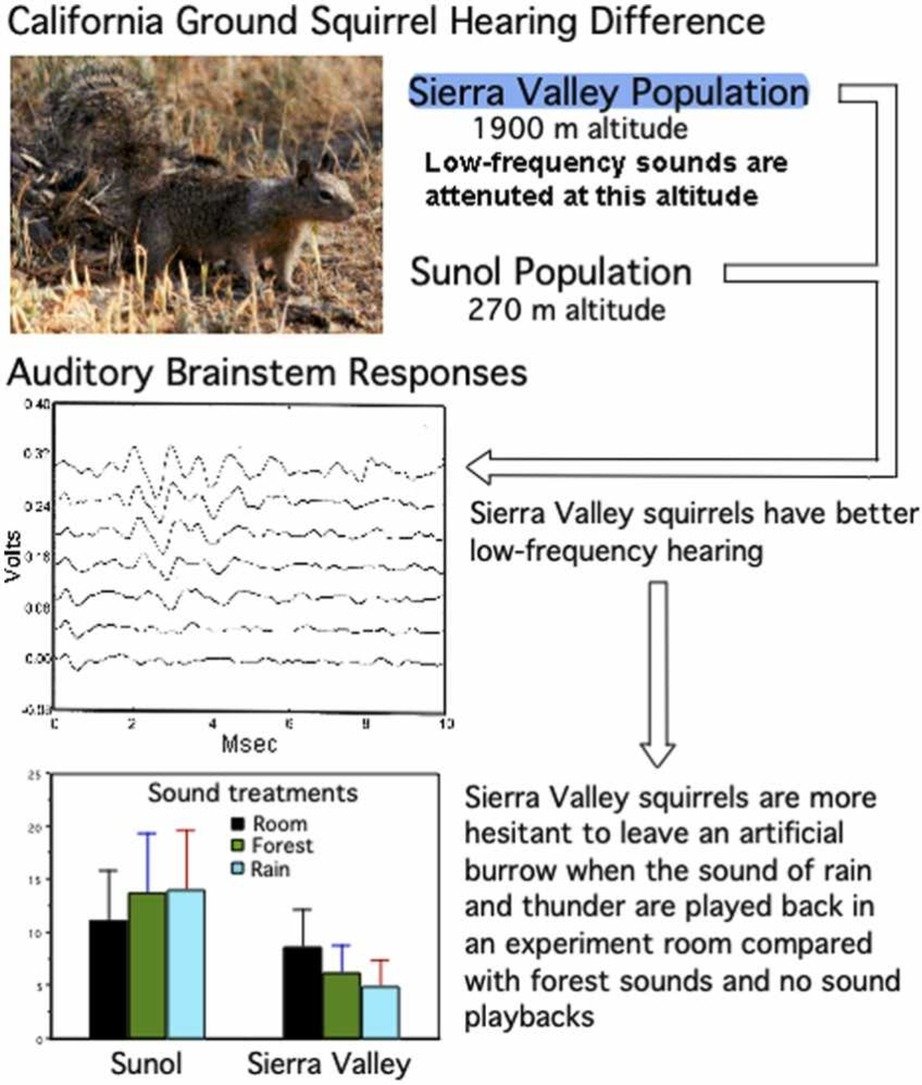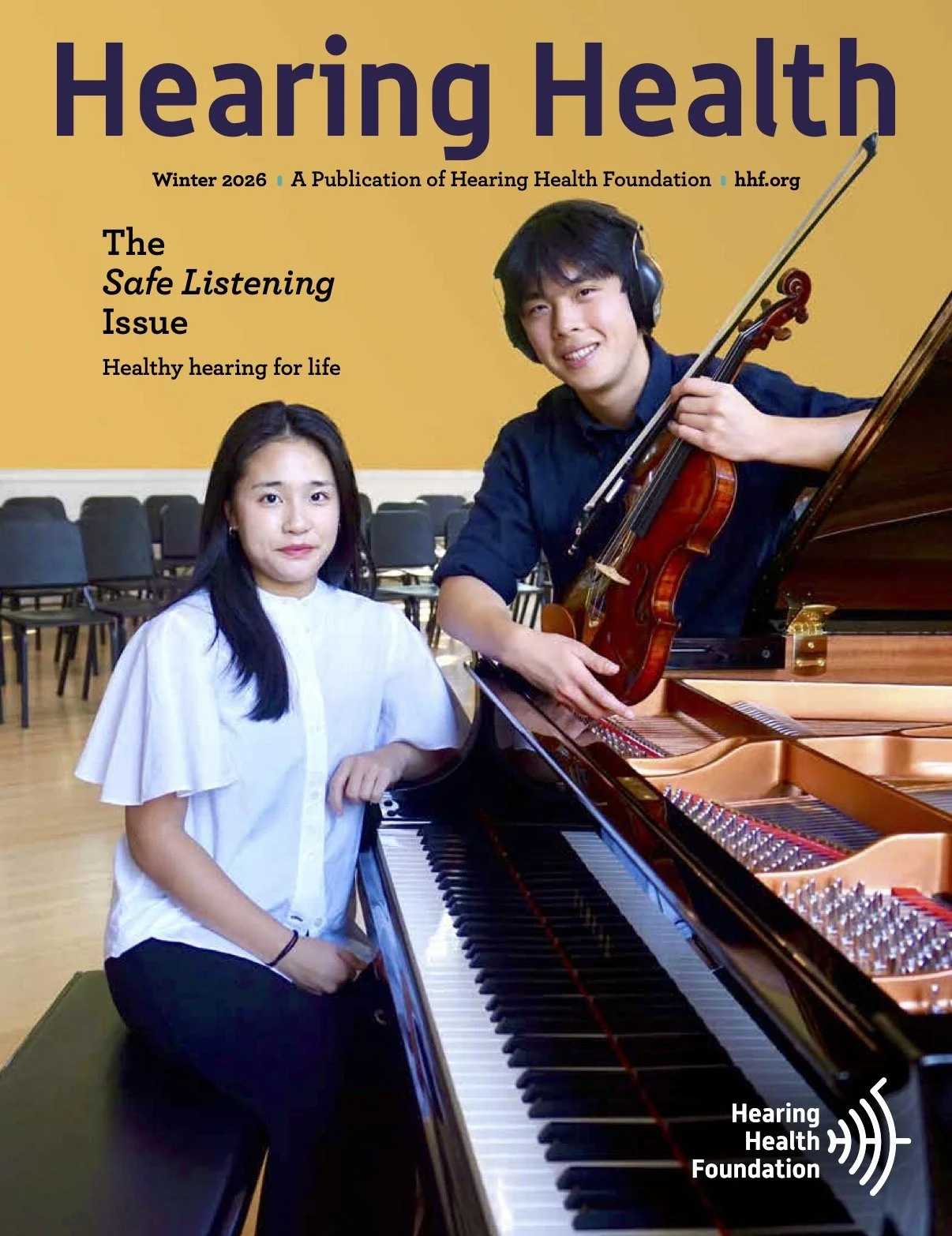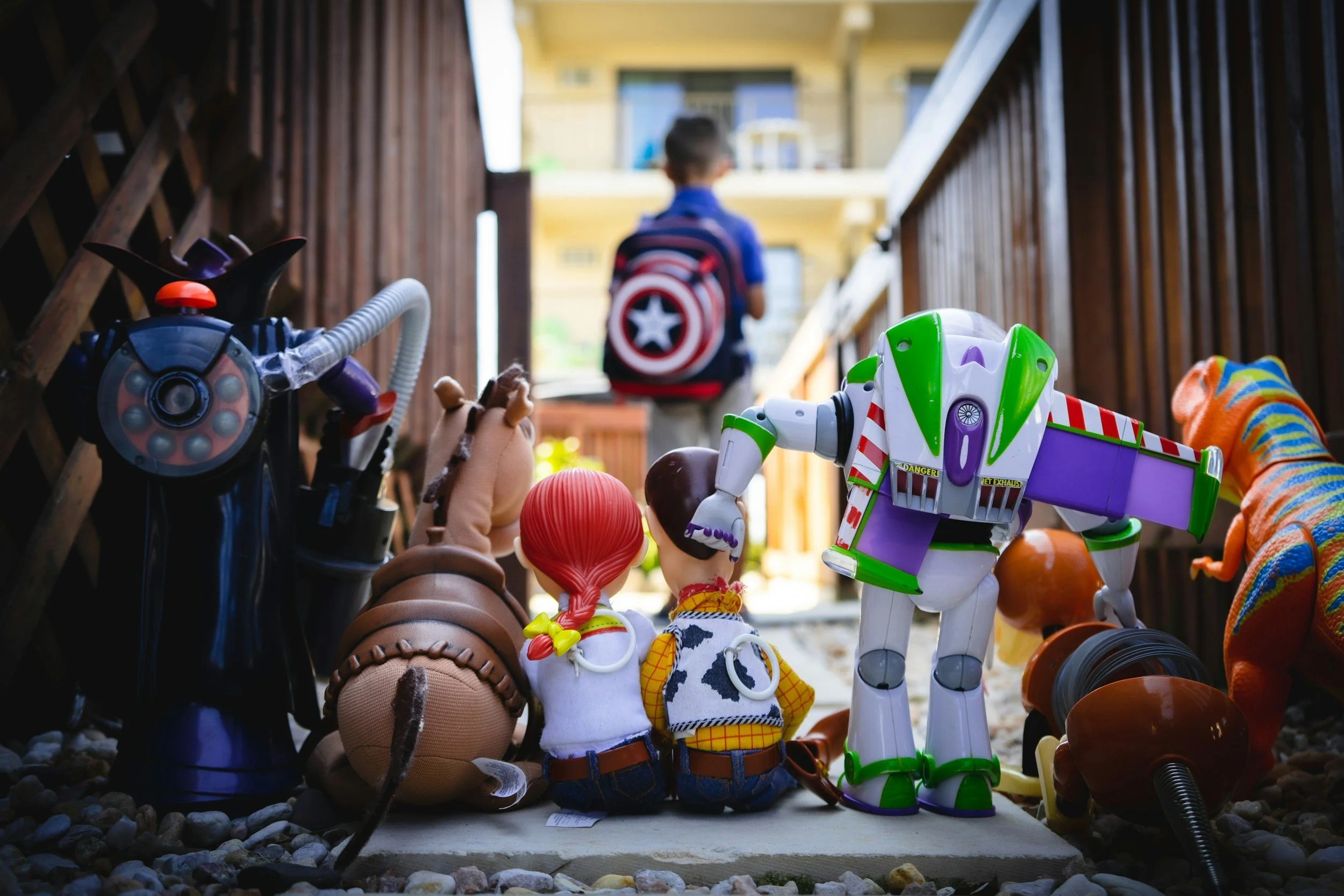Credit: Daniel Tadevosyan/Getty via Canva Pro
There’s been a grand convergence of access, technology, and awareness when it comes to hearing aids these days. Ever since over-the-counter (OTC) hearing aids finally became an official Food and Drug Administration category last summer and started hitting the market in October 2022, hearing loss as a disability became a little less invisible—which is a great thing. Mainstream media outlets covered the new category, indicated for adults with perceived mild to moderate hearing loss, highlighting their relatively inexpensive cost that makes them more accessible to the public at large, and the convenience of hearing self-tests in the privacy of your own home.
But just because it’s out there and you can do it yourself, it doesn’t mean it’s necessarily easy to do. This is an imperfect analogy, but it’s a bit like when travelers could book their own airline flights. Suddenly you could see for yourself all the flights available—carriers, routes, airports, days, times—and some of us long for a great travel agent to just figure it out for you. You might still need a professional.
If you suspect a hearing loss—especially one that is sudden, have tinnitus that affects daily life, or any balance concerns—Hearing Health Foundation recommends seeing a hearing care professional (an audiologist or ENT) for an initial visit to rule out any medical cause of these hearing conditions.
OTC hearing aids can be seen as the latest example of consumer empowerment, with the attendant savings and access. You can self test your hearing. You can try out hearing aids yourself. But it might be just a wee bit overwhelming, especially as the category is sorting itself out.
So for those of us in need of a crib sheet, here’s where to start out with hearing aids, from what to expect and what to ask about, to what all those initials mean after a hearing care provider’s name. Happy healthy hearing! —Yishane Lee, HHF







Before the HRP, there was no mechanism for data sharing and collaboration, no way to assess gene expression rigorously or to identify relevant patterns, and no examples of new hair cells generated in a post-hearing mammalian cochlea.